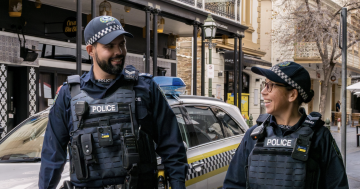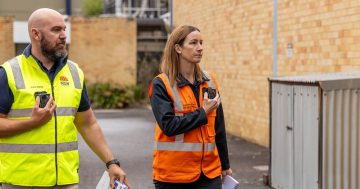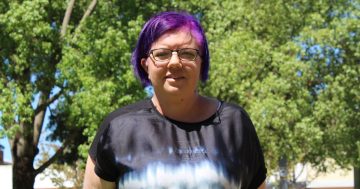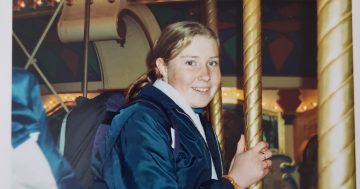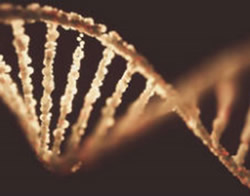 The NSW Police Force is to launch a familial DNA collection pilot program this month to assist detectives with ongoing historic missing persons investigations.
The NSW Police Force is to launch a familial DNA collection pilot program this month to assist detectives with ongoing historic missing persons investigations.
State Crime Commander, Acting Assistant Commissioner Darren Bennett said the Missing Persons Registry (MPR) had identified a lack of Direct or familial DNA profiles for a significant number of historical long-term missing persons investigations.
A/Assistant Commissioner Bennett said the collection of DNA samples was a fundamental function of missing persons, unidentified bodies and human remains investigations.
“Currently in NSW, we have 769 long-term missing people and approximately 330 unidentified bodies or human remains cases, with just over 100 unidentified bodies or partial human remains physically on hand with NSW Health,” A/Assistant Commissioner Bennett said.
“In a joint-Agency project between the NSW Police Force and forensic and scientific experts from NSW Health Pathology on the Human Skeletal Remains Initiative (HSRI) – Direct DNA profiles for all unidentified bodies and human remains on hand have been developed,” he said.
“The objective now is to collect familial DNA from the relatives of missing persons across the country to facilitate further inquiries and in the hopes of matching these samples, locate loved ones and provide answers to families.”
A/Assistant Commissioner Bennett said due to the passage of time, there were very limited opportunities for investigators to gather Direct DNA for historical long-term missing persons.
He said the pilot program would include the establishment of two pop-up centres at Coffs Harbour and Port Macquarie to capture samples and other data required for uploading to the National Missing Persons Victim System database.
“Familial DNA samples will be uploaded into the Volunteer Limited Purpose Index (VOLMPU), where they will be searched against the Unidentified Bodies Index,” he said.
“At the same time, interviews will be conducted with family members to capture further information that may assist investigators.”
Commander of the Missing Persons Registry, Detective Inspector Glen Browne said the success of the pilot program would be heavily dependent on the collection of familial DNA samples from the families of long-term missing persons.
“To further missing persons investigations across Australia, we are calling on relatives of any missing person across the country, who resides on or near the NSW Mid North Coast, to consider coming forward and providing a DNA sample,” Detective Inspector Browne said.


